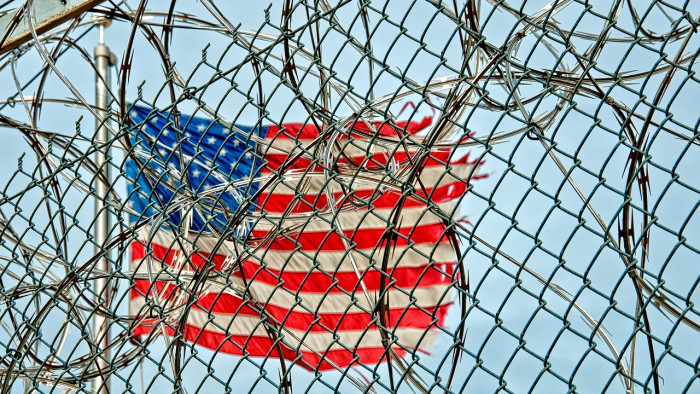
In a 2015 case before the federal district court in New York, the validity of a plea deal entered into by Mahdi Hashi was questioned.
Hashi had previously been stripped of his British citizenship, apprehended in Djibouti and tortured there in incommunicado detention for three months. He was then rendered without legal process to the US where he was held in solitary confinement for three years facing charges of material support to al Shabaab (a Somali based militant group), which carried a potential sentence of 30 years to life. He finally accepted a plea deal to a charge of conspiracy to provide material support for terror.
In 2014, the year before the deal was made, then United Nations (U.N.) Special Rapporteur on Torture and Other Cruel, Inhuman and Degrading Treatment, Juan Mendez, gave an interview about Hashi’s solitary confinement touching on the relationships between pre-trial detention, solitary confinement, torture and trial waiver systems, saying:
“[Solitary confinement] in pre-trial detention is particularly objectionable because the pain and suffering of a mental or psychological nature that the person suffers prepares him psychologically to either confess or make statements against his interests, or even plead guilty…It seems to me that in terrorism cases, at least, that’s a very deliberate policy of the United States. I’ve seen cases in which people are held in solitary confinement for three or four years, and then they either go to trial or they plead [guilty] — mostly, they plead…And it seems to me that’s a coercive practice; it violates not only the right to be free from cruel, inhuman, and degrading treatment, but also due-process rights in trial.” – Ross, A. K., ‘Stripped of his UK citizenship, now Mahdi Hashi is in solitary confinement in New York’
While prosecutors requested a sentence of 15 years, Judge John Gleeson sentenced Hashi to a term of nine years, saying at sentencing that the case was “complicated” and accepted that Hashi had sought to join al Shabaab not to engage in violent attacks but because he thought the group could restore peace to war-torn Somalia.
There are a number of troubling aspects of this case that deserved deeper judicial scrutiny than was possible without a trial. The procedural history raised serious questions about the lawfulness of the assertion by US officials of jurisdiction over a foreign national who had no intent to carry out any criminal activity in relation to the US; the allegations of US involvement in kidnap, torture and rendition; the constitutionality of Hashi’s extended incommunicado solitary confinement pre-trial; and the extent of Hashi’s involvement in the conspiracy. Unfortunately, the plea deal foreclosed the possibility of judicial scrutiny of these troubling pre-trial rights abuses.


